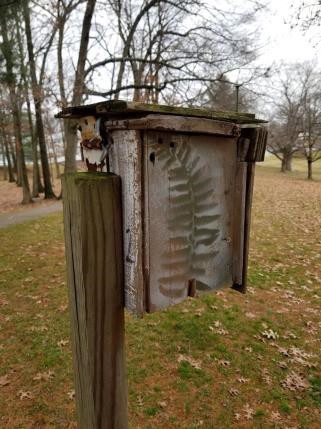2019, Berlin, Maryland, USA
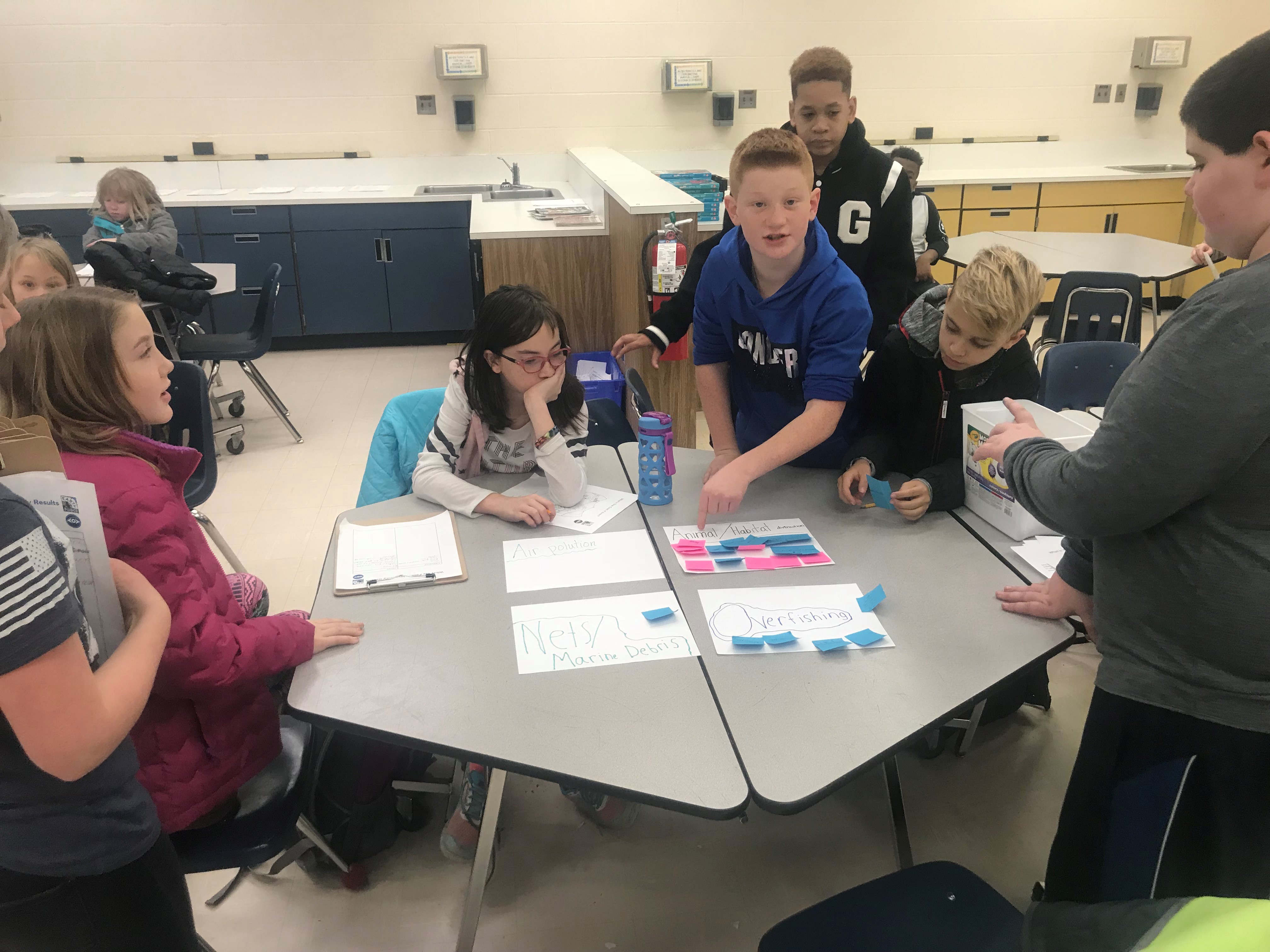 Ten students from Berlin Intermediate School (BIS) (Heydein, Makai, Amber, Shane, Brandon, Brooklyn, Sage, Domnic, Lilah, Declan) created Project Nature in the Spring of 2019. The goal of Project Nature was to assess BIS’ school grounds and implement best management practices to improve their local Coastal Bays’ watershed. After weeks of research, democratically voting, and schoolground surveys, the students decided to undertake a three-part plan.
Ten students from Berlin Intermediate School (BIS) (Heydein, Makai, Amber, Shane, Brandon, Brooklyn, Sage, Domnic, Lilah, Declan) created Project Nature in the Spring of 2019. The goal of Project Nature was to assess BIS’ school grounds and implement best management practices to improve their local Coastal Bays’ watershed. After weeks of research, democratically voting, and schoolground surveys, the students decided to undertake a three-part plan.
- Plant a pollinator garden to promote native plants and encourage bees, birds, bats, and bugs to use the space.
- Revitalize a neglected school trail through pine forest. This trail will be used as an outdoor learning space for teachers to bring their classes. The Project Nature students will clear the trails of common green briar, mulch the pathway, and plant native plants at the entrance.
- Plant native trees around the otherwise open school grounds. These trees will provide needed shade and work as absorbers of stormwater runoff from the surrounding impervious surfaces.
Following the completion of their three-part project, students will create flyers to inform their student body and teachers of Project Nature. Their project video is also available for years to come on YouTube, so teachers and parents can view what the 2019 Project Nature students implemented to make their school grounds more environmentally friendly.
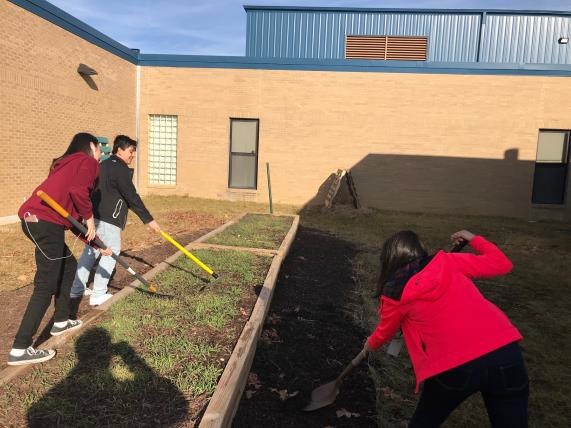 2019, Woodbridge, Virginia, USA
2019, Woodbridge, Virginia, USA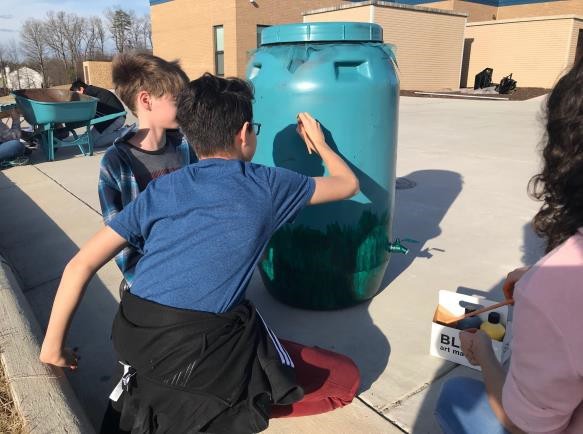
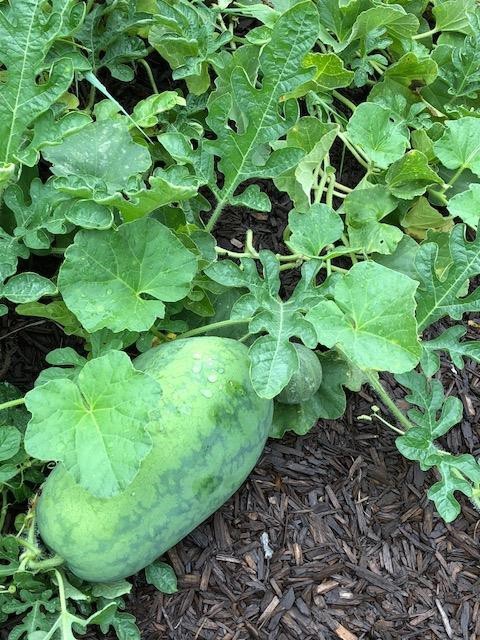 Many of our students are disconnected from nature. In a recent school survey, over 80% of students reported spending less than 15 minutes a day outside. This removal from the outside world impacts how the kids view the Earth and challenges that society faces with environmental issues. The students in the Ecology Club are using this courtyard garden to teach the other students at school about pollution, it’s impact on our water and soil, the importance of pollination and pollinators, biodiversity and where food comes from. It is not a complicated project, but it is profoundly changing how some students will approach their natural world. Their hope is for a cascade effect. They want to clean our local grounds and use that trash to beautify the garden by planting herbs and flowers in it. That it will increase the number of insects and birds in the garden and inspire the humans at school to do the same.
Many of our students are disconnected from nature. In a recent school survey, over 80% of students reported spending less than 15 minutes a day outside. This removal from the outside world impacts how the kids view the Earth and challenges that society faces with environmental issues. The students in the Ecology Club are using this courtyard garden to teach the other students at school about pollution, it’s impact on our water and soil, the importance of pollination and pollinators, biodiversity and where food comes from. It is not a complicated project, but it is profoundly changing how some students will approach their natural world. Their hope is for a cascade effect. They want to clean our local grounds and use that trash to beautify the garden by planting herbs and flowers in it. That it will increase the number of insects and birds in the garden and inspire the humans at school to do the same.
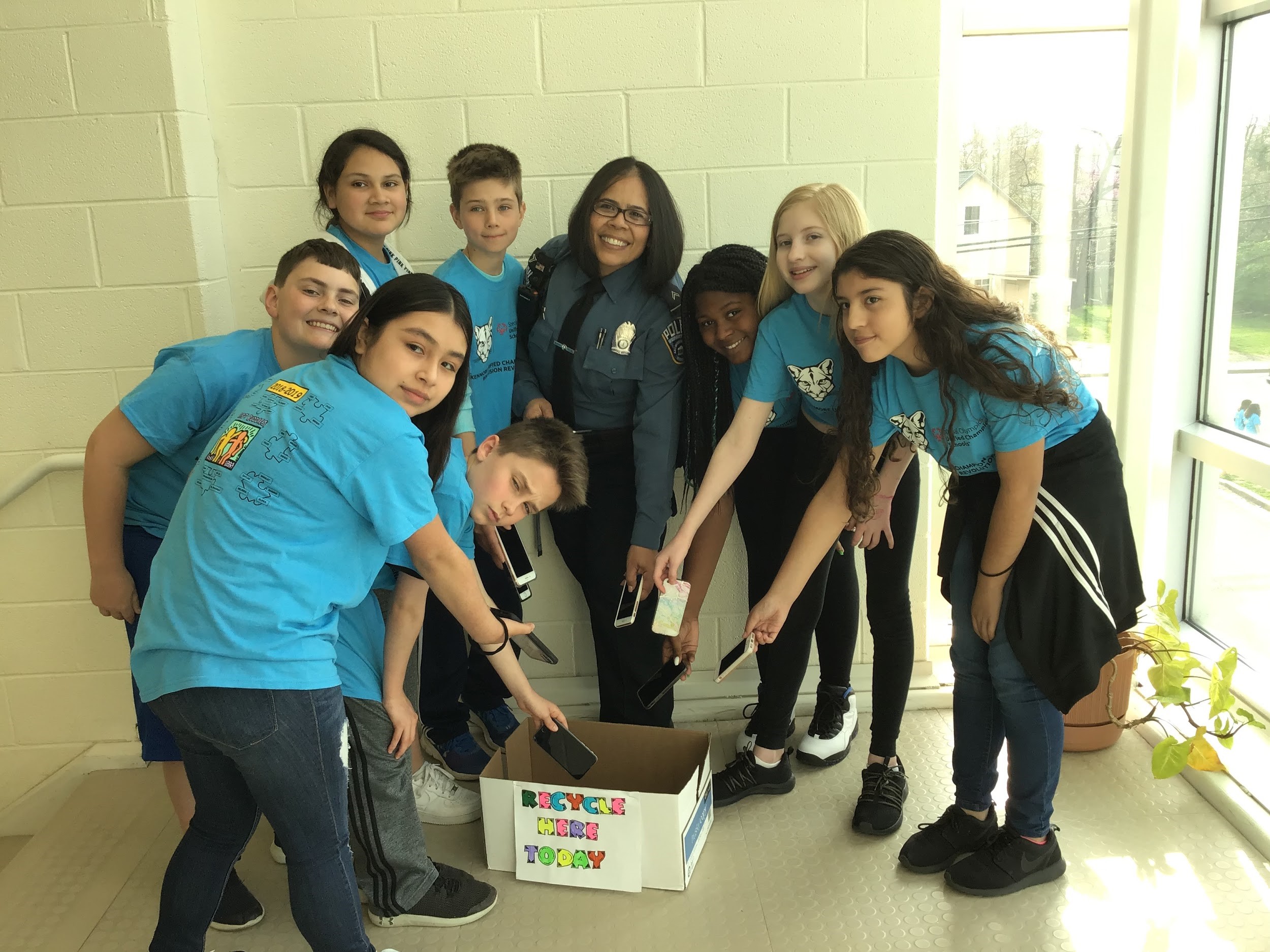 Valeria, Ashley, Iliana, Zaneya, Frank, Emmett, Connor, Jamethiel, Valery, Brady, and Talin were bothered by all the electronic being thrown away. Many contain components that leak toxins into the watershed. They hoped that by collecting unwanted electronics they could repurpose some and safely recycle others.
Valeria, Ashley, Iliana, Zaneya, Frank, Emmett, Connor, Jamethiel, Valery, Brady, and Talin were bothered by all the electronic being thrown away. Many contain components that leak toxins into the watershed. They hoped that by collecting unwanted electronics they could repurpose some and safely recycle others.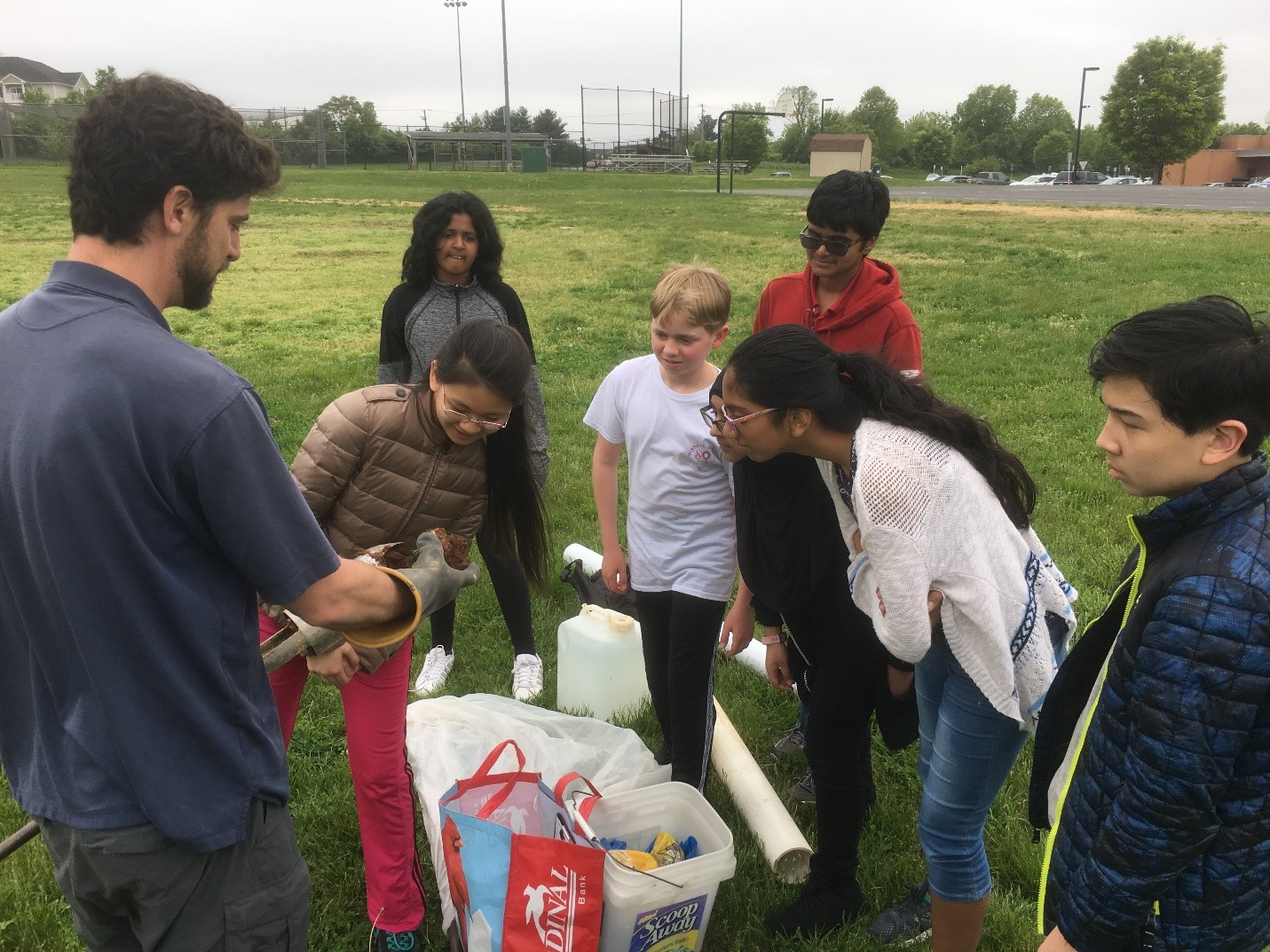
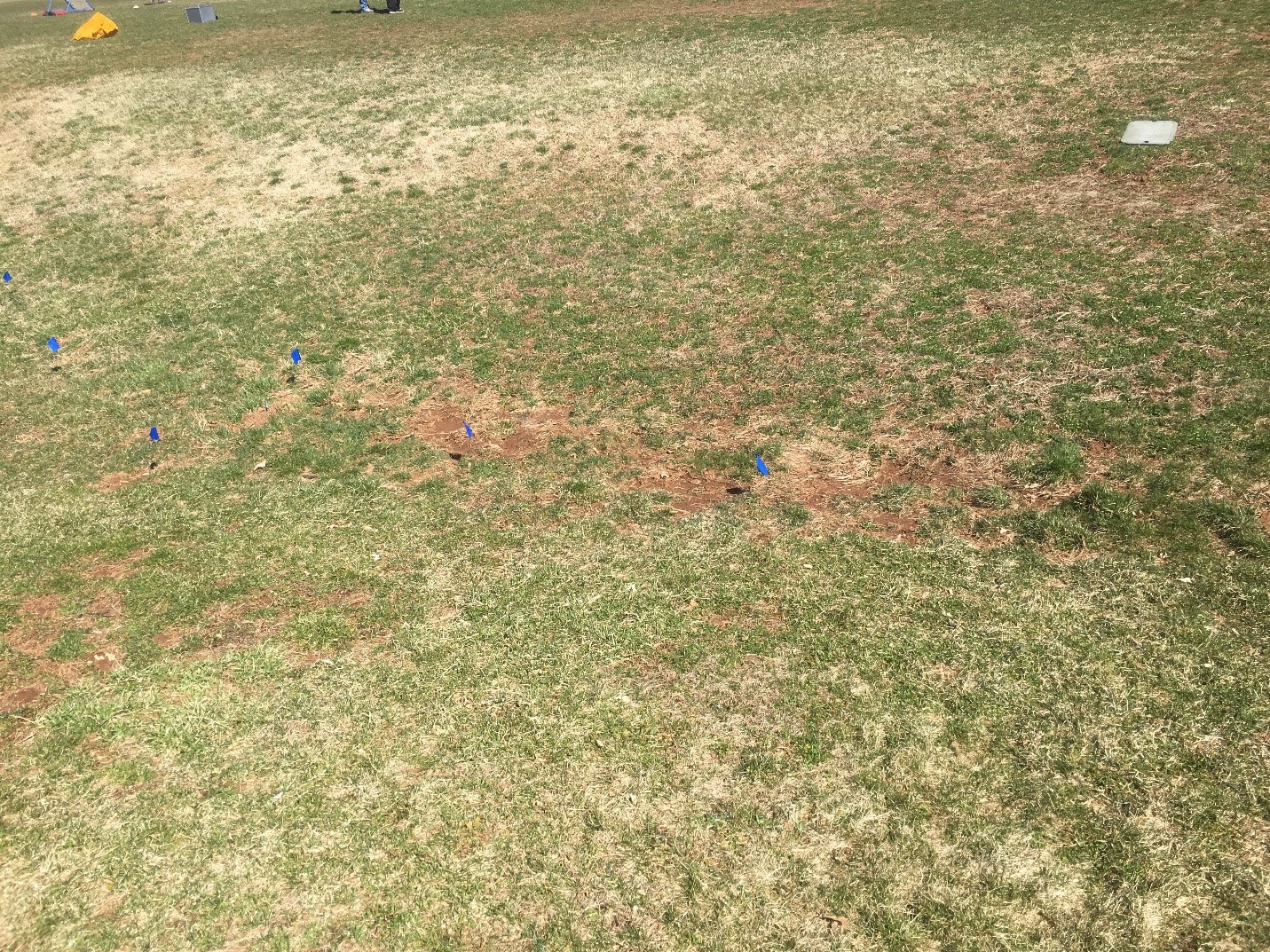
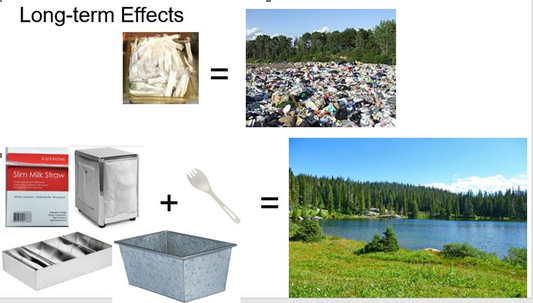
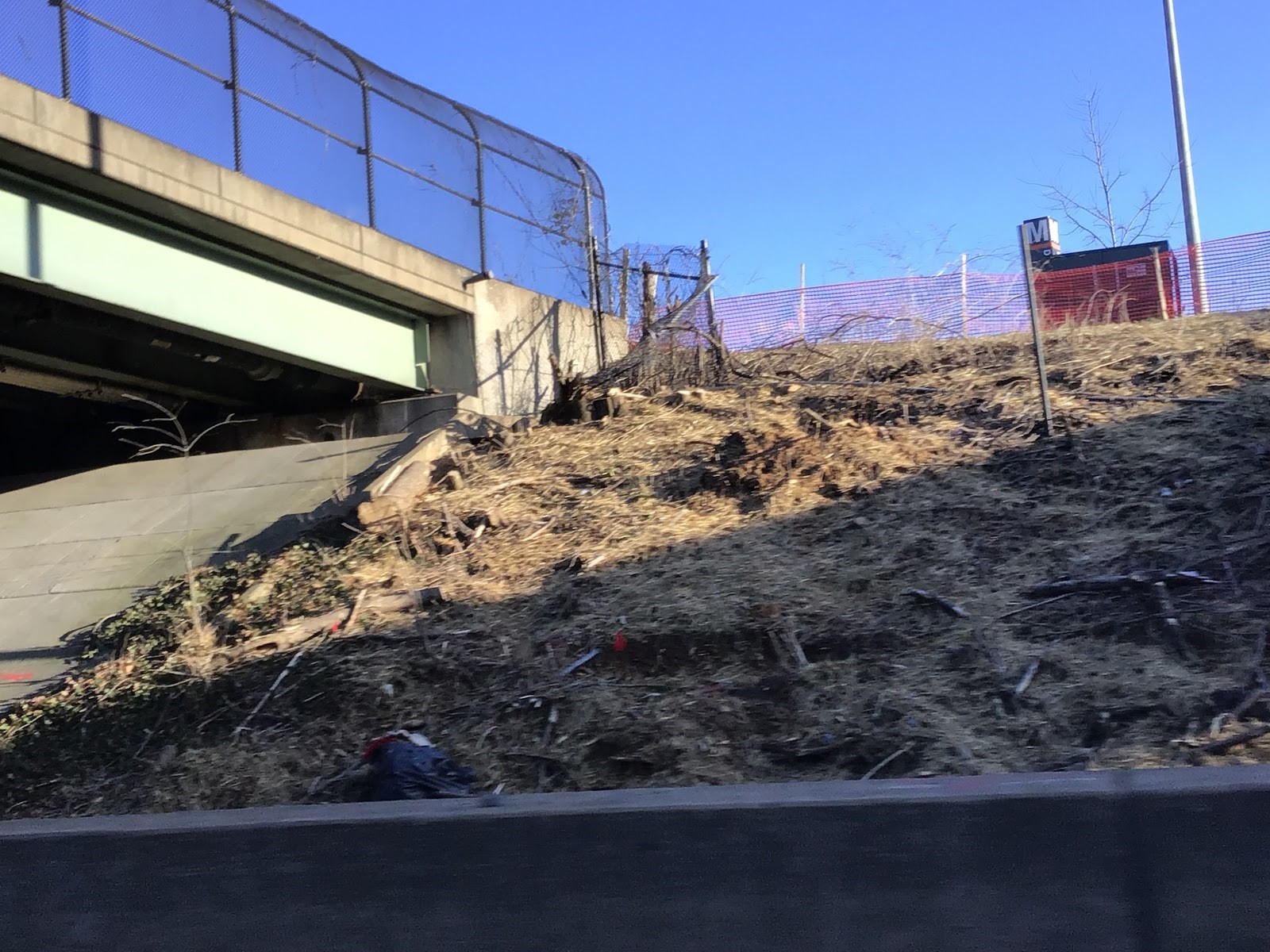
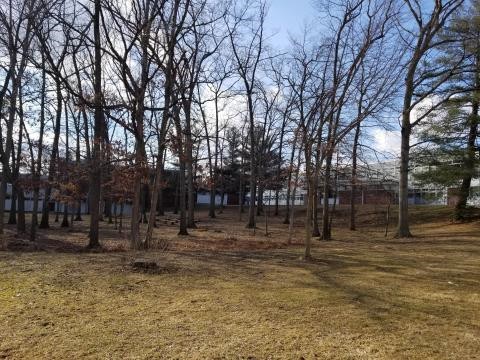 2019, Timonium, Maryland, USA
2019, Timonium, Maryland, USA
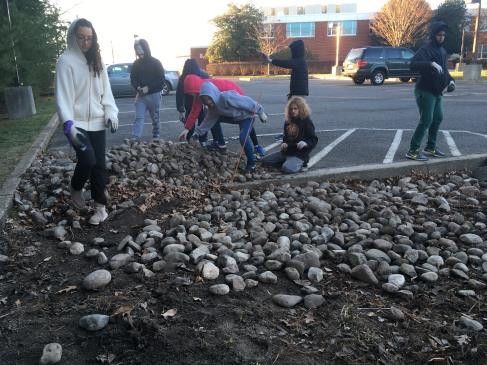 What if there was a way to filter water of sediments and chemicals when it goes into the ground? We see that a bio- retention cell is beneficial for maintaining and improving our watershed health. In order to help, we would like to revitalize the bio-retention cell at our school. A bio-retention cell is a rain garden with a rock pit before it, which acts as barrier to collect sediment while also stopping runoff and providing water to plants. Our bio-retention cell, needs maintenance, with planting of new native species and adding rocks too. One of the results we hope to achieve is to filter out nitrites, sediment, and garbage before it reaches Virginia’s rivers and the Chesapeake Bay.
What if there was a way to filter water of sediments and chemicals when it goes into the ground? We see that a bio- retention cell is beneficial for maintaining and improving our watershed health. In order to help, we would like to revitalize the bio-retention cell at our school. A bio-retention cell is a rain garden with a rock pit before it, which acts as barrier to collect sediment while also stopping runoff and providing water to plants. Our bio-retention cell, needs maintenance, with planting of new native species and adding rocks too. One of the results we hope to achieve is to filter out nitrites, sediment, and garbage before it reaches Virginia’s rivers and the Chesapeake Bay.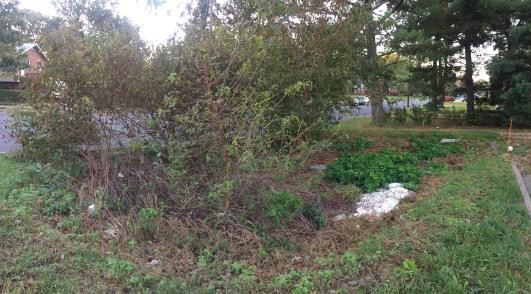 Not only do we want this project to benefit Lanier but we wish to expand this wonder all across the county. We believe that all schools should have the chance to experience and help care for our watershed. We will invite students from our feeder elementary school and volunteer form our high school as well. After all, the Chesapeake Bay is something shared of six states and we should, and will, treasure it!
Not only do we want this project to benefit Lanier but we wish to expand this wonder all across the county. We believe that all schools should have the chance to experience and help care for our watershed. We will invite students from our feeder elementary school and volunteer form our high school as well. After all, the Chesapeake Bay is something shared of six states and we should, and will, treasure it!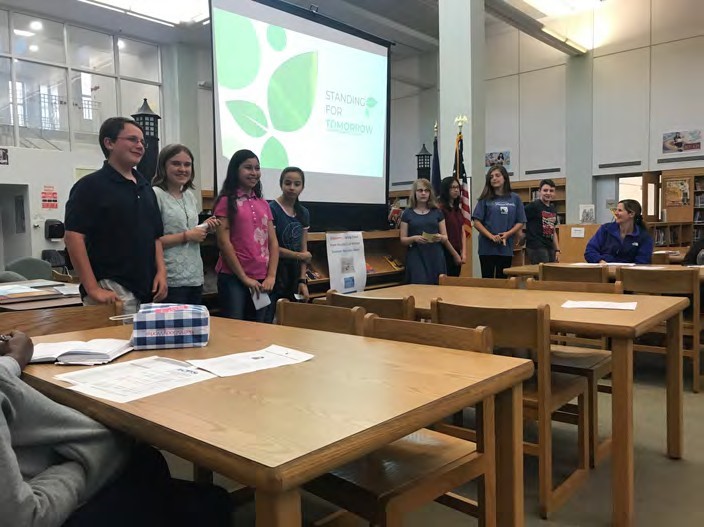
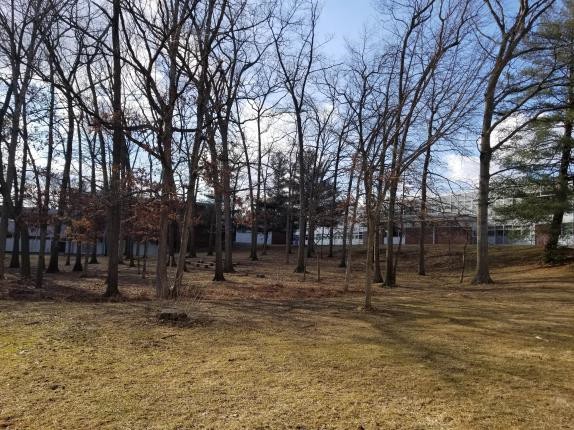 2019, Baltimore, Maryland, USA
2019, Baltimore, Maryland, USA